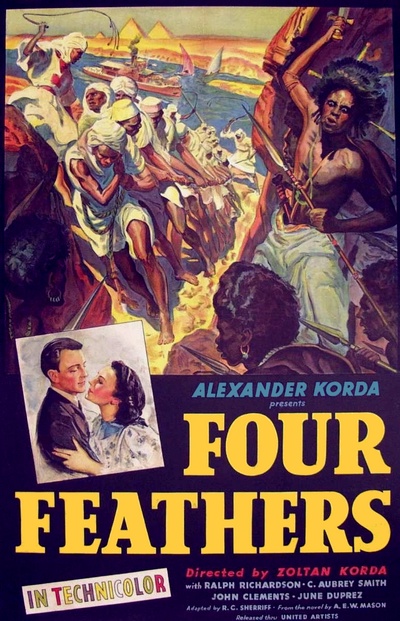I have a guilty secret, and I think it’s time to come clean.
First, I must explain that the city I call home has long been what might be called a hotbed of the charismatic movement, hosting multiple charismatic retreats and Praise and Worship youth events each year. Parishes across the diocese hold special Praise and Worship adoration nights. Almost every parish has a Youth Mass, at which P&W music is played, and a youth group for which the same music is played.
Now, in a way, this is all well and good. I’m overjoyed to see people, especially young people, taking their faith seriously and praising the Lord with their all their body and soul. There are some very wonderful people whose lives have been changed by this sort of music and prayer. So, as I say, it’s all well and good—for people who are charismatic. But after years of attending charismatic youth groups and Masses and listening to Praise and Worship Music, I have a confession to make: I am not charismatic.
I can’t help it. I honestly did my best to “just let the Holy Spirit move me” by participating as fully as I knew how, holding my hands up and swaying and singing along with all my heart. After all, for people my age, there wasn’t all that much else available. Every youth event and every youth group is, so to speak, à la charismatic renewal. Short of joining the “elderly and older” choir—or the convent—I didn’t really have a chance to participate in a more traditional style of music, liturgy, or praise.
One of the most common assumptions in youth groups seems to be that it is easier for everyone to really “participate” in liturgy or prayer if it is cushioned with the rock-music patterns they are accustomed to. It’s thought that Praise and Worship music is easier to sing along with, easier to “get into” than other music. I agree; but that doesn’t mean that it will better raise the mind and heart to God. Irish drinking songs are also easier to sing along with and “get into,” but that is not an indication of their intrinsic musical or spiritual merit. Making up solo dance moves is easier than learning the complexity of the tango; but dancing the tango, once you’ve learned it, is a much more awe-inspiring way to dance.
The word “charismatic” comes from the word charism, which means a special gift given by the Holy Spirit to individuals for the good of the Church. Being “charismatic” in the Praise and Worship sense is simply not my individual gift. I find I can pray much more easily when listening to Gregorian chants and polyphonic motets by composers like William Byrd or Palestrina than to something akin to what plays on the soft rock station. Again, for people who are charismatic, I believe God can and does use P&W to bring them closer to Him. But it is not this way for everyone. I began to be frustrated when I found that every time I confessed to a youth group that I prefer old music and am “not really a fan of P&W,” I was looked at as if I had just announced I was going to join SSPX and wear a burqa.
The response I got alerted me to the fact that the vast majority of Catholic youth in America
Baseball legend Babe Ruth once wrote a sort of spiritual auto-biography entitled “The Kids Can’t Take It If We Don’t Give It.” in which he pointed out that if we neglect to pass our religious tradition and heritage on to the young, they will never have it, and we can’t expect them to one day just wake up and choose it for themselves. Teens in my diocese who are regularly fed Casting Crowns, Switchfoot, and Rich Mullins probably haven’t even heard of Palestrina’s soul-stirring Sicut Cervus. Have most Catholics my age even been given the chance to experience really sacred music, or learn about their Catholic musical and liturgical inheritance? Are they expected to go find it on their own if they want it?
So, I love my charismatic friends, and I love the liveliness of their faith. But I’ve had a taste of the indescribably beautiful treasures the Church has to offer in sacred and liturgical music, and my question is: when do we get to share it with our youth? Because, as Babe Ruth would say: they won’t ever have it if we never give it to ‘em.








_03.jpg)

